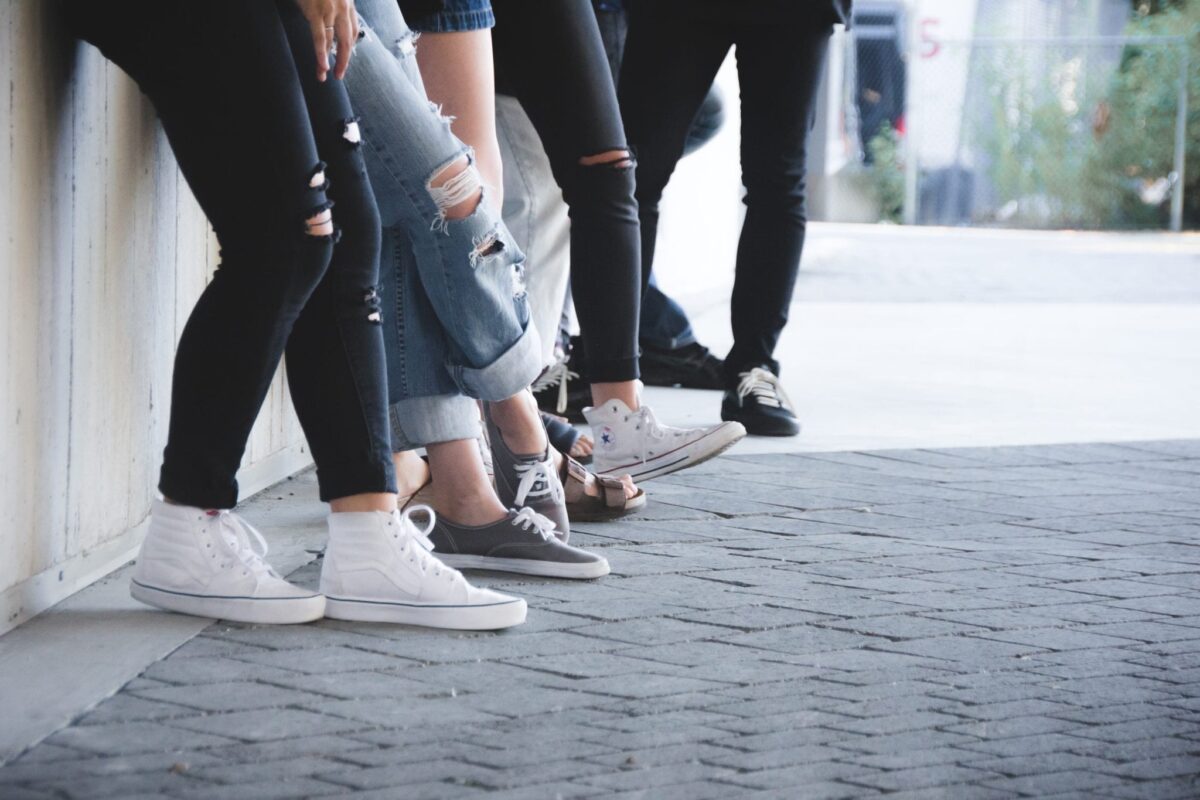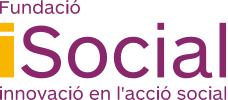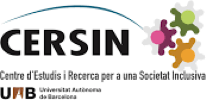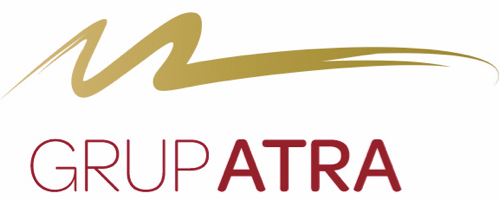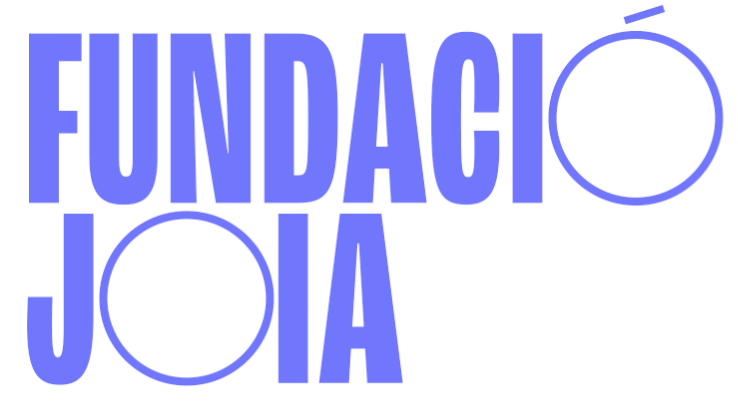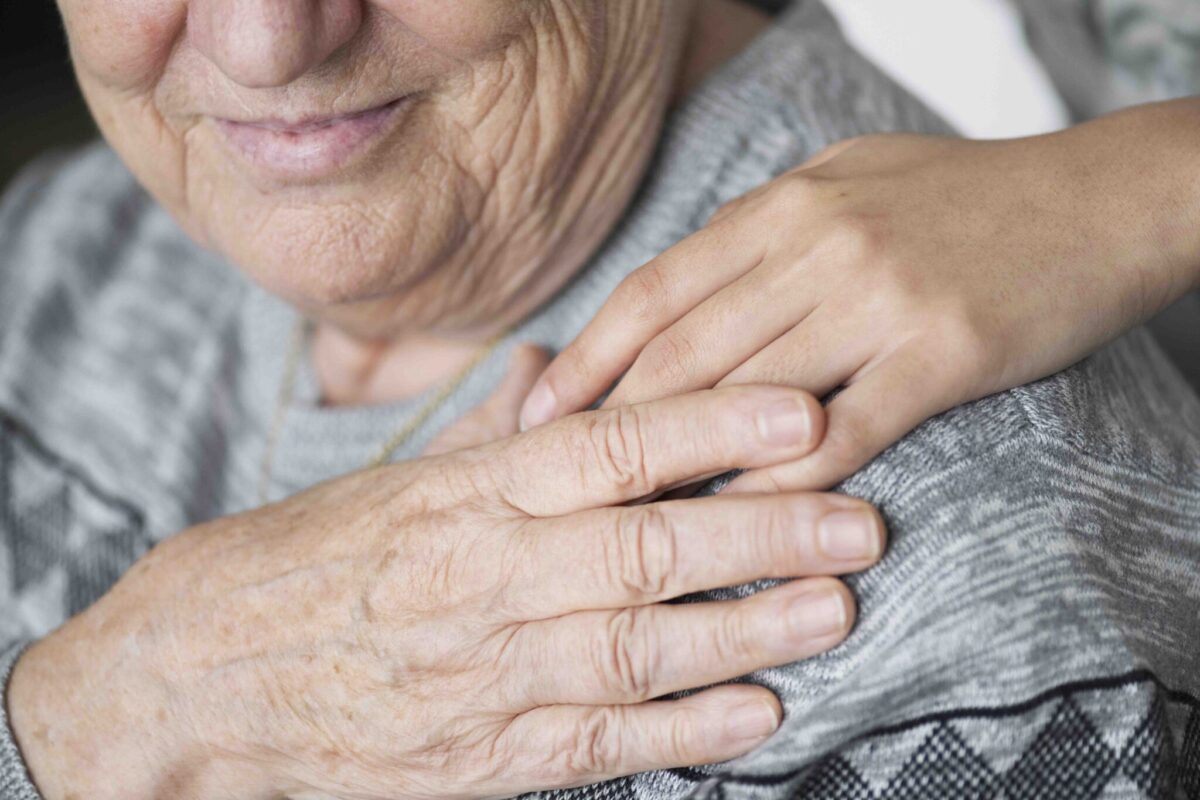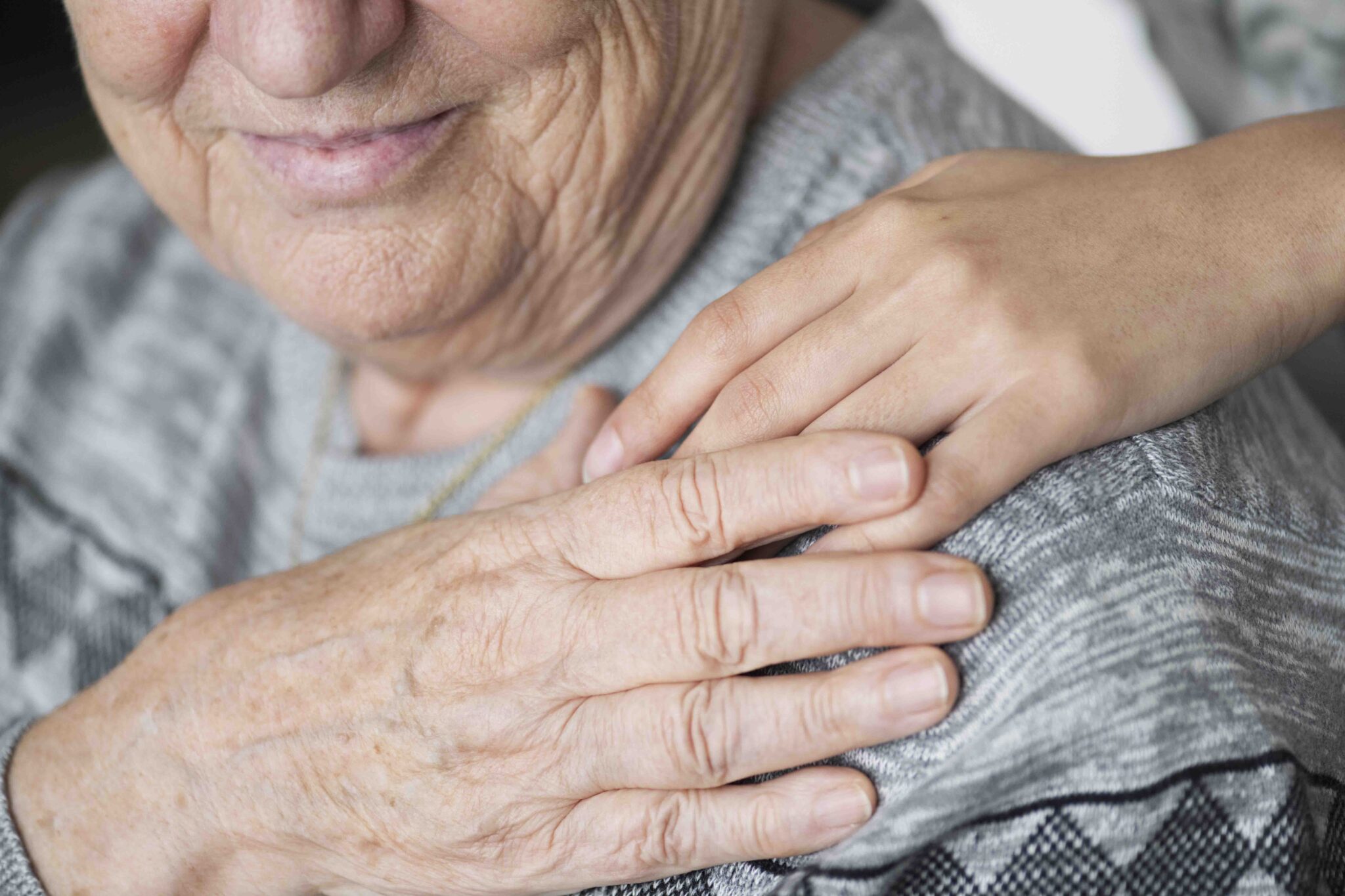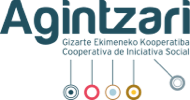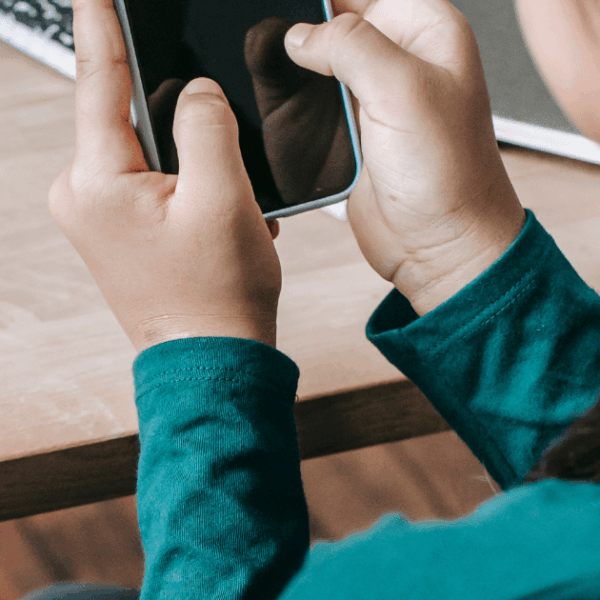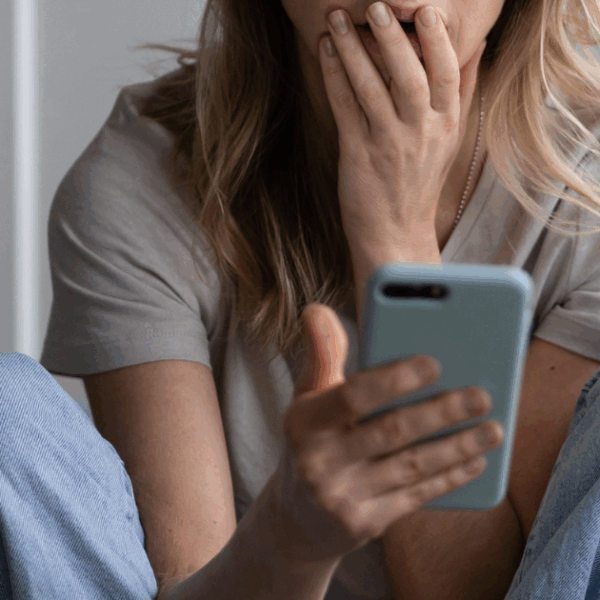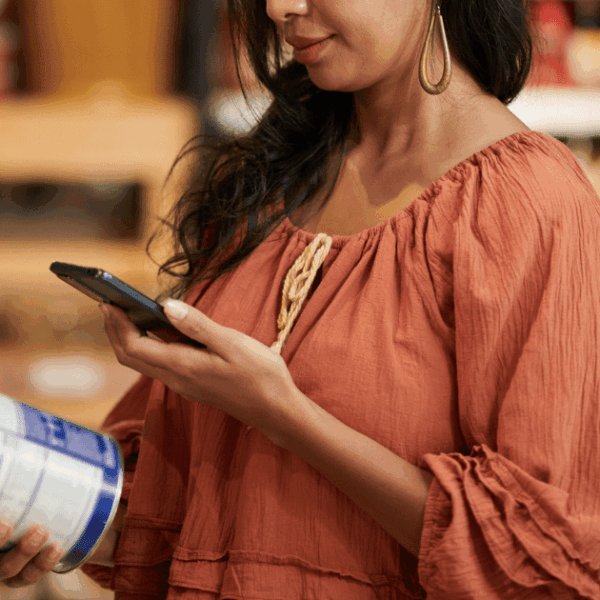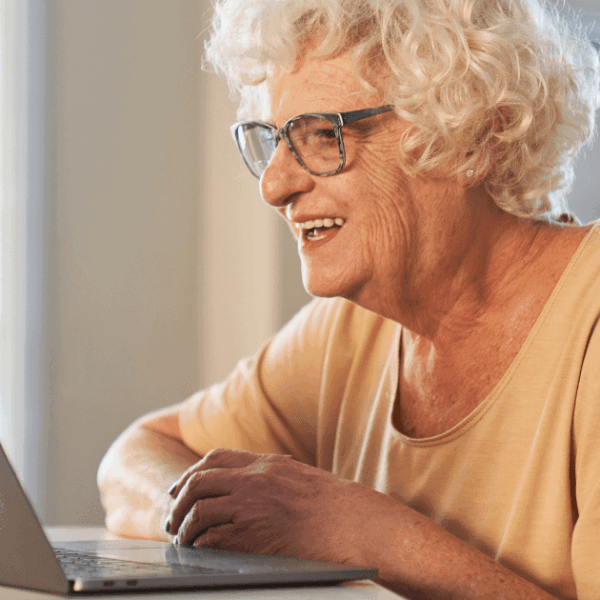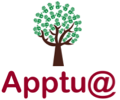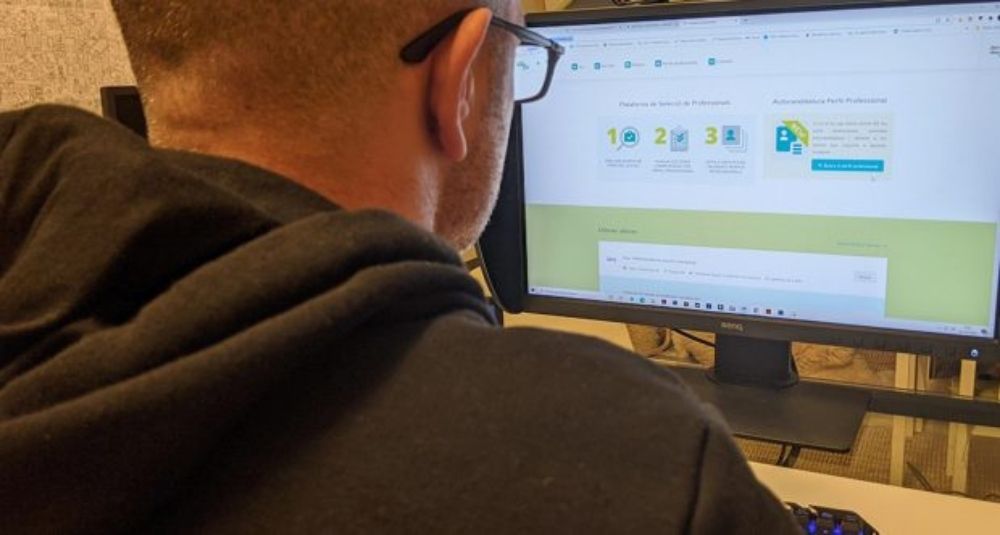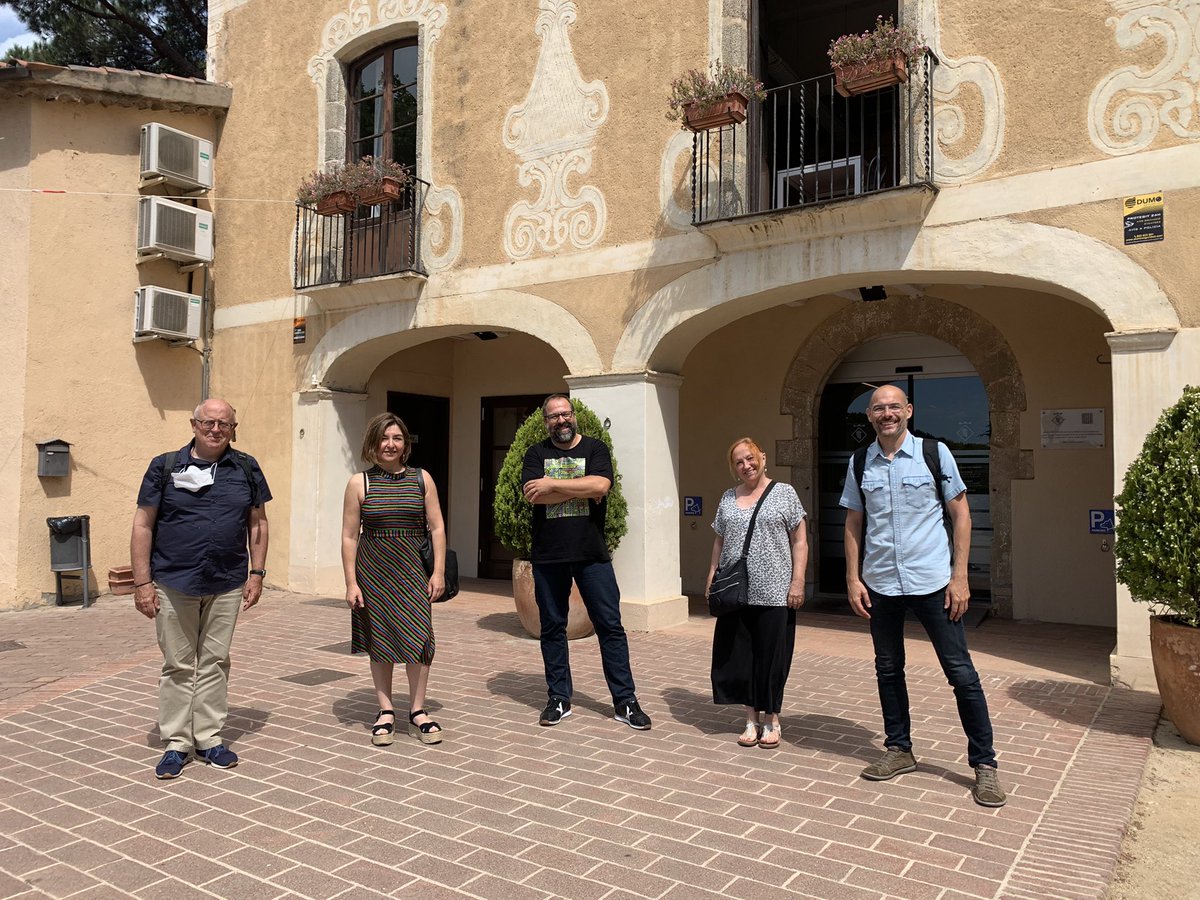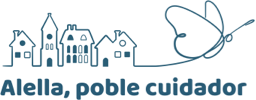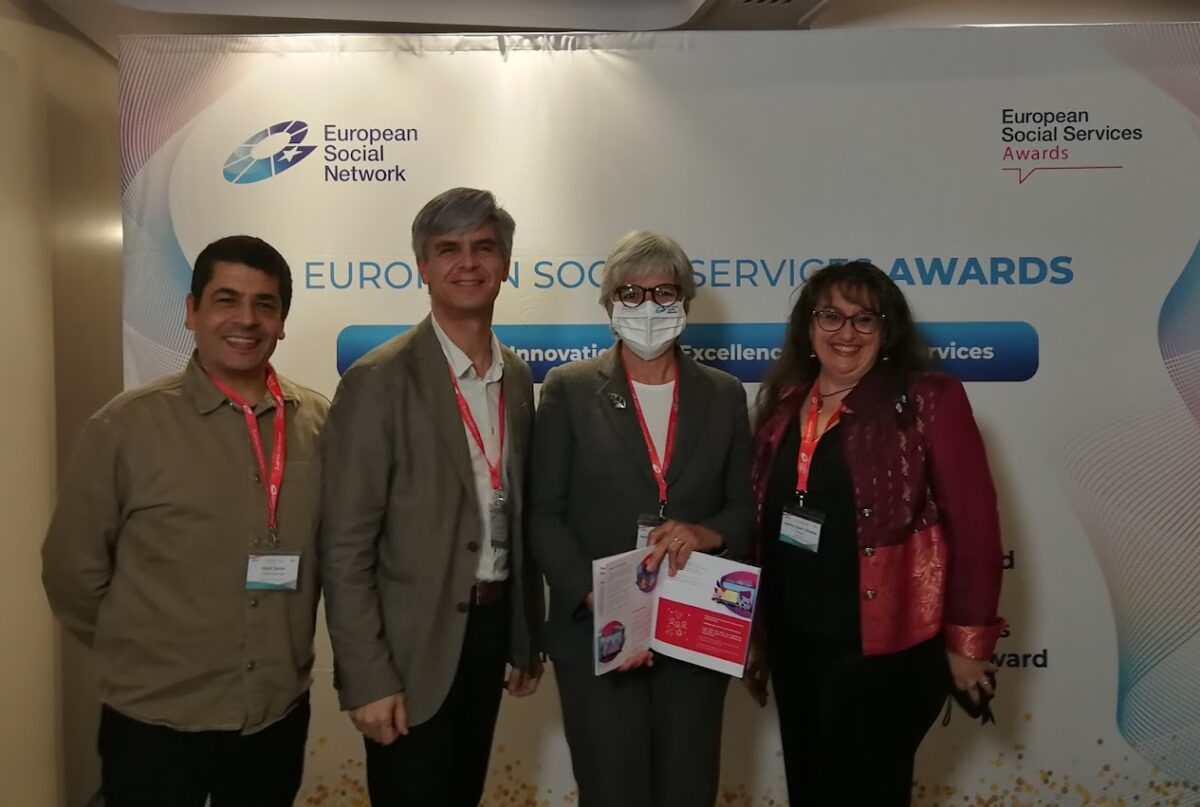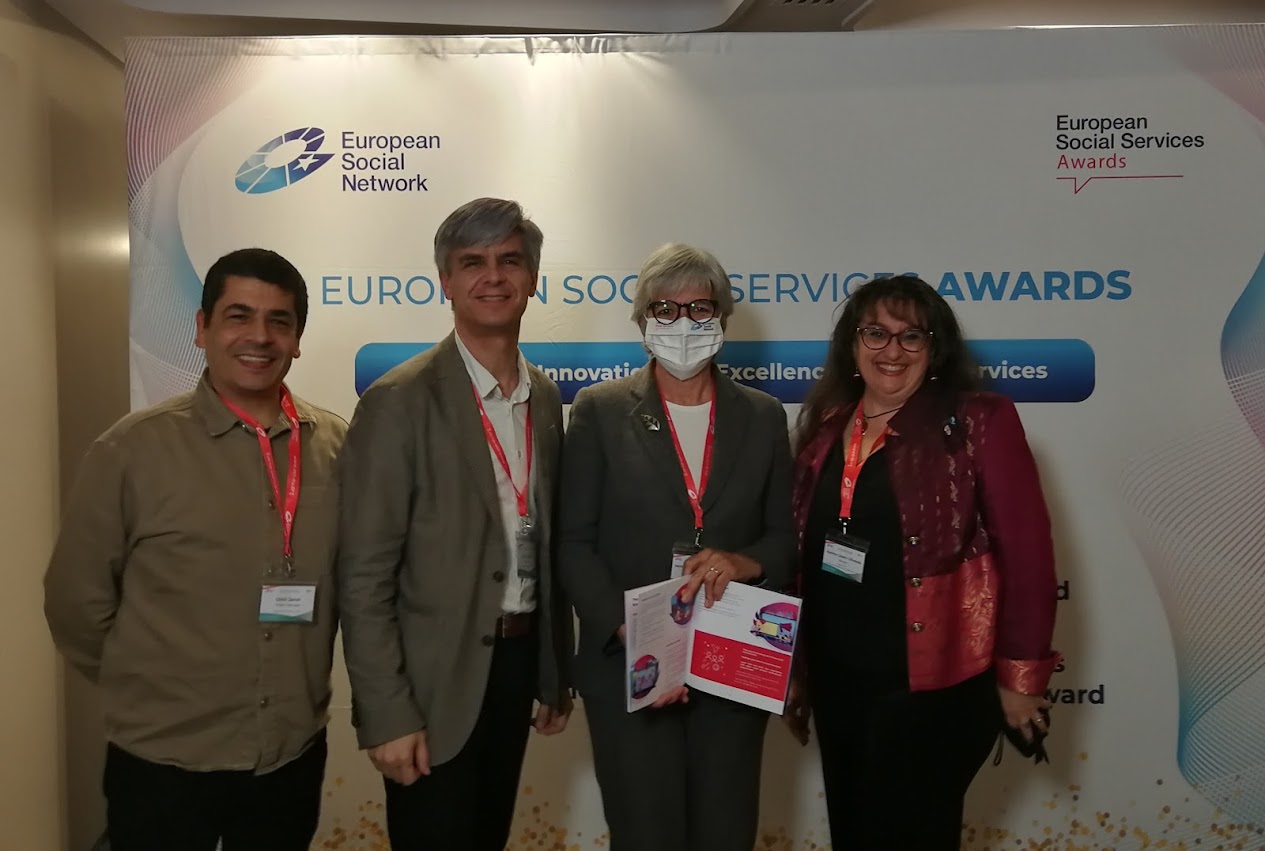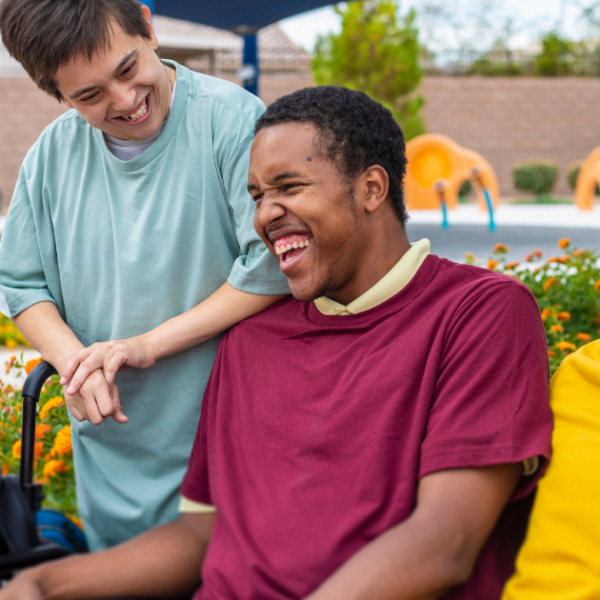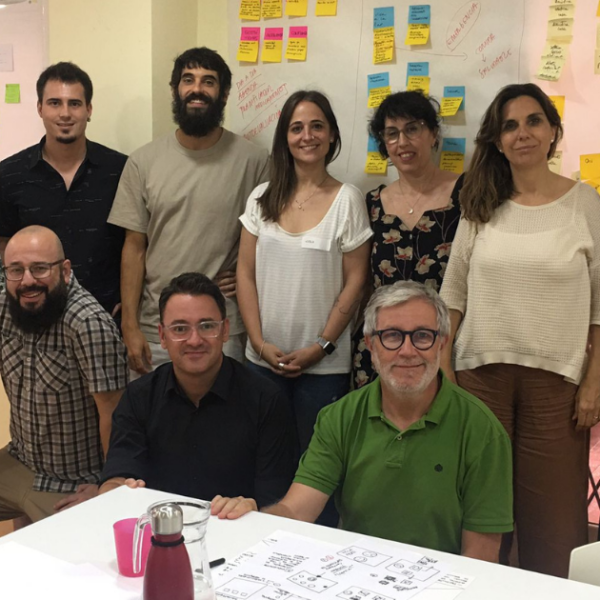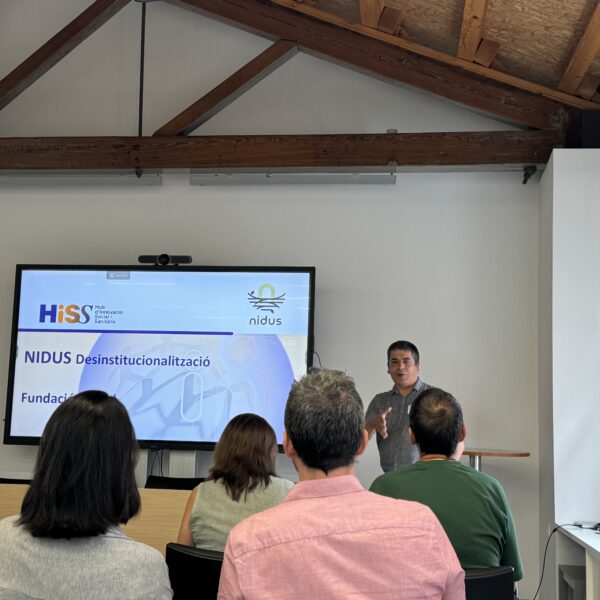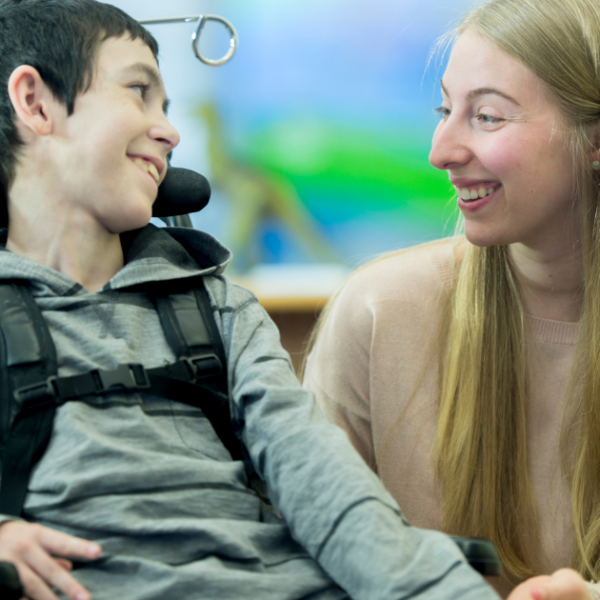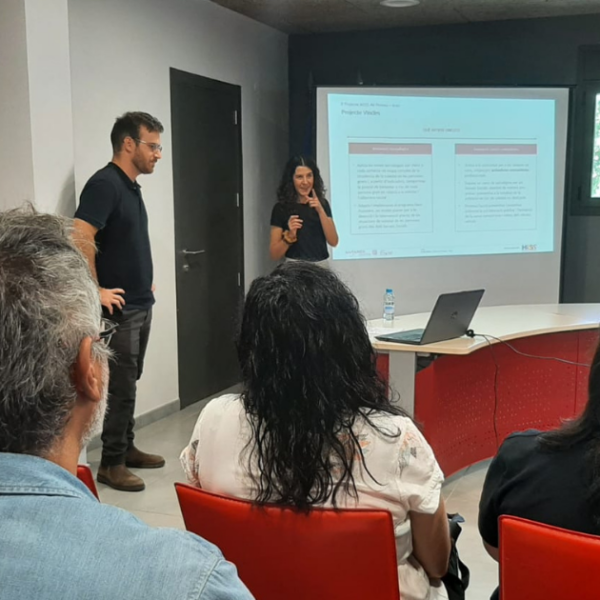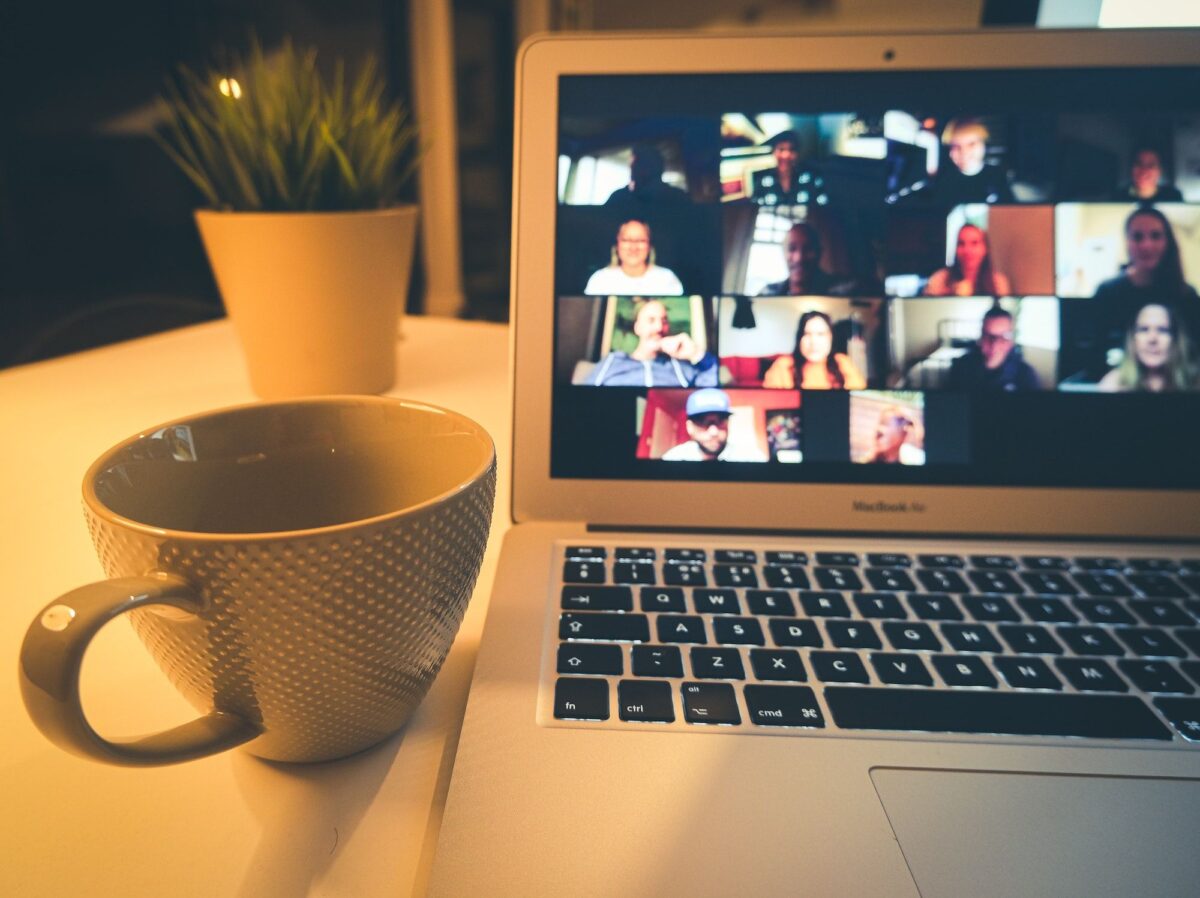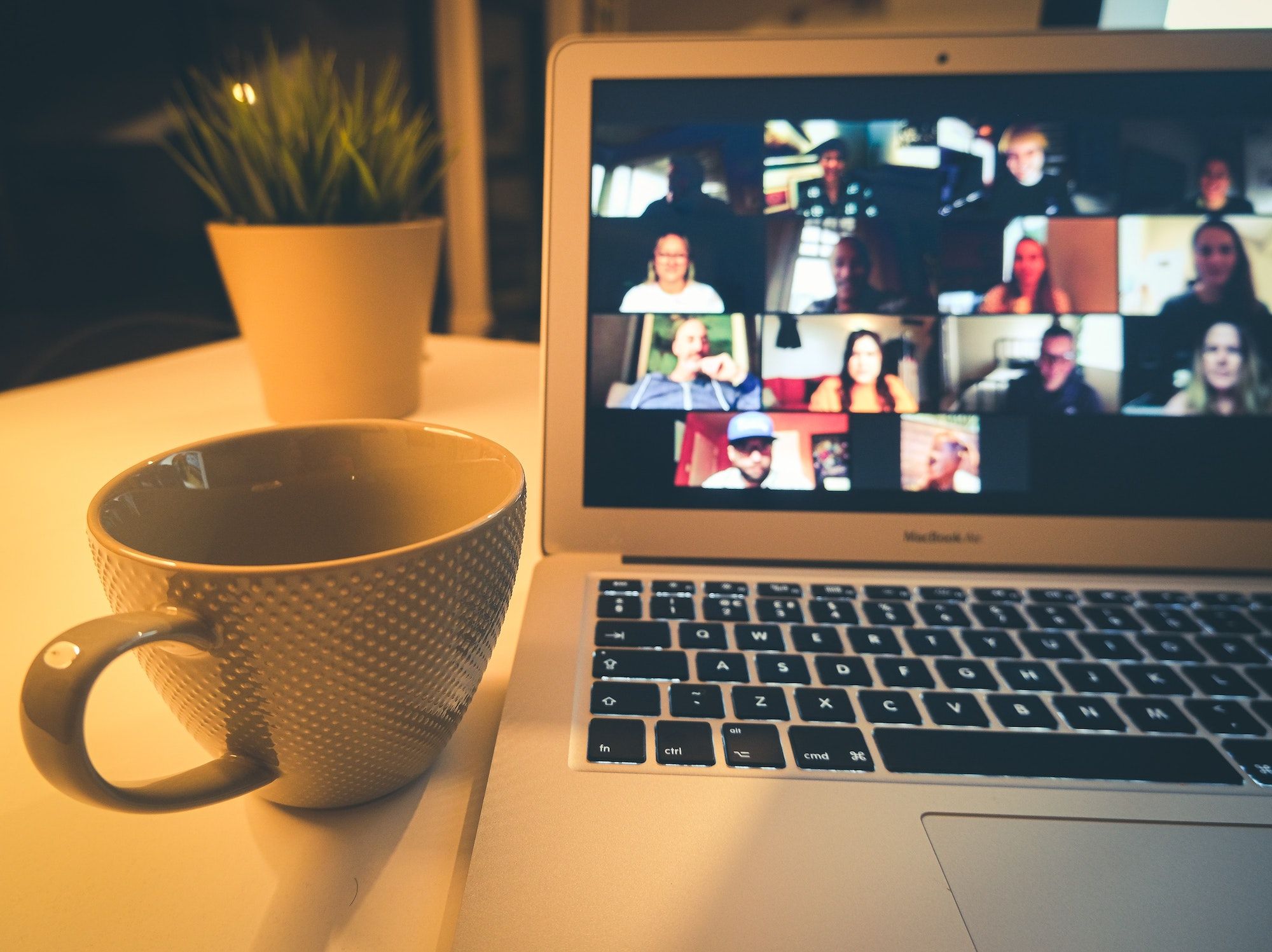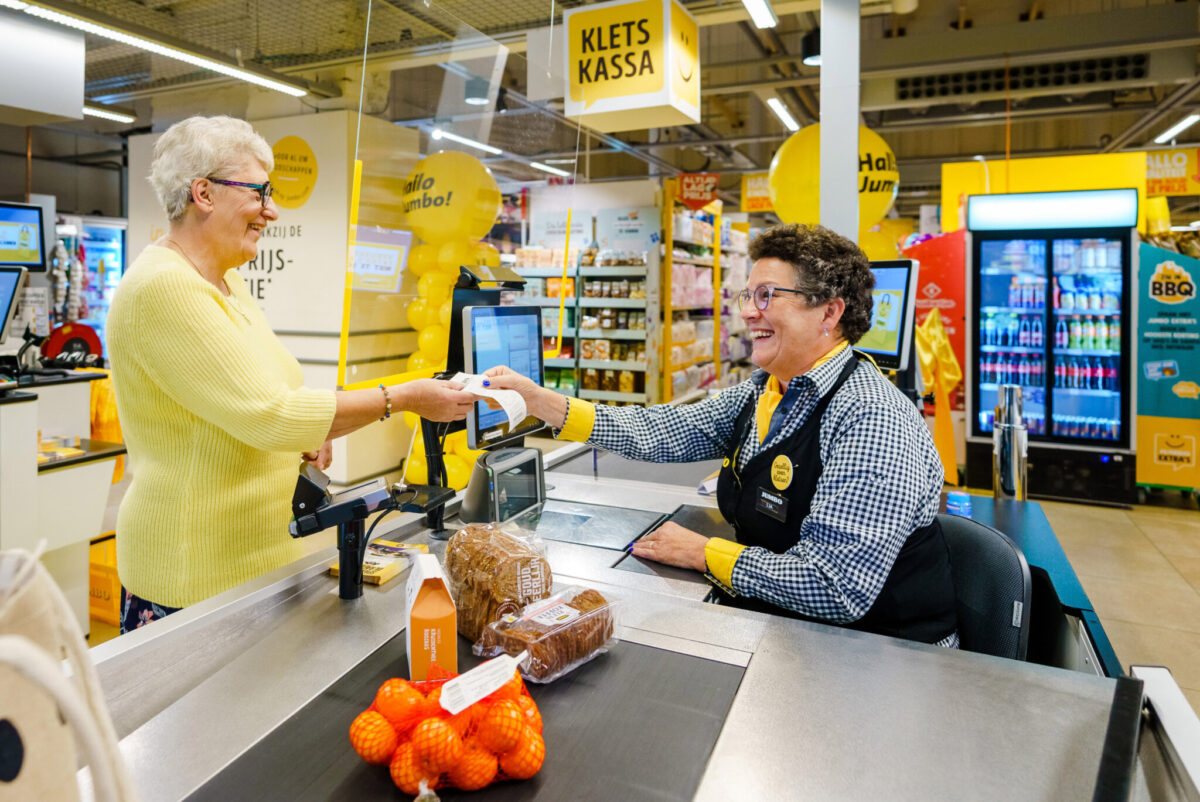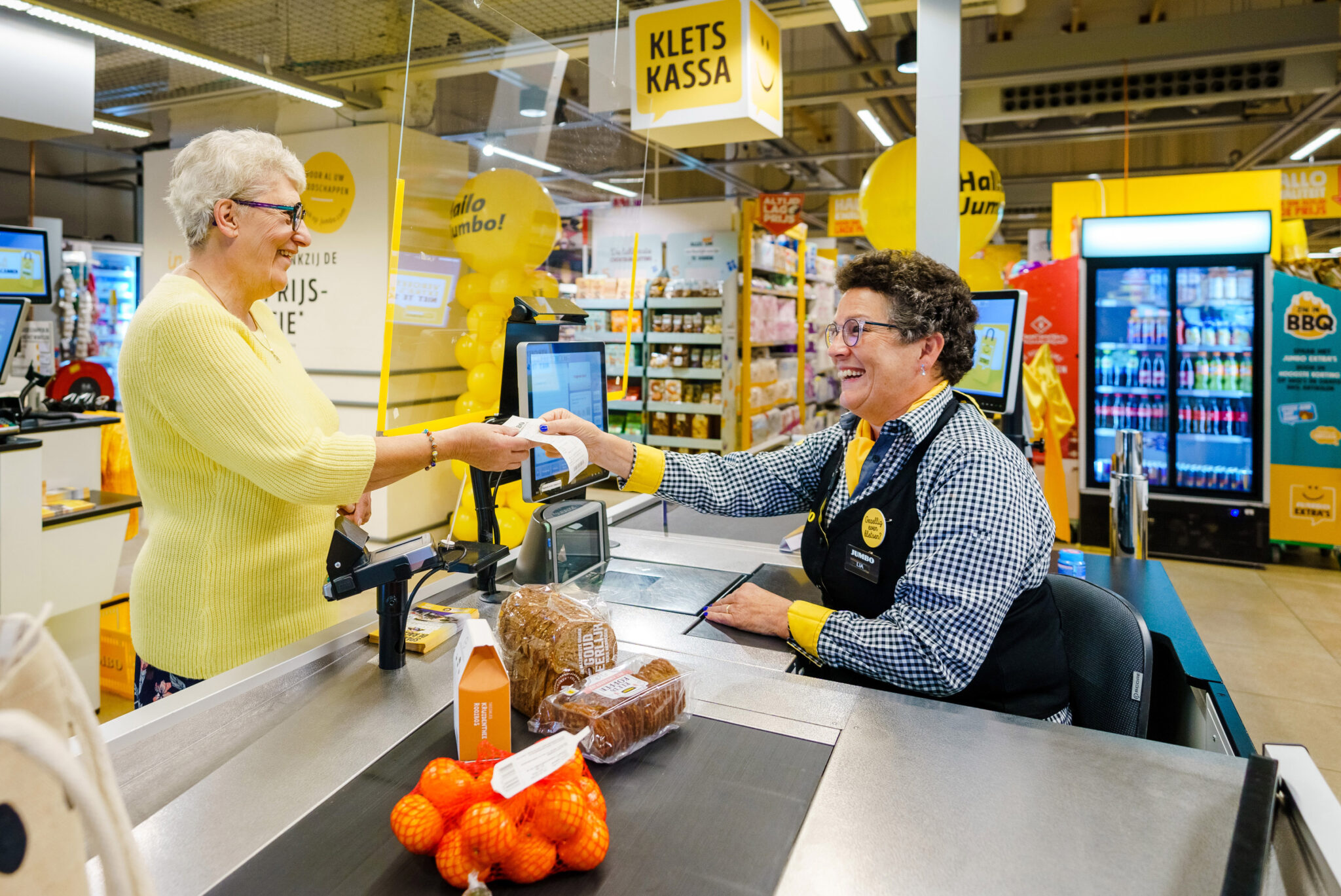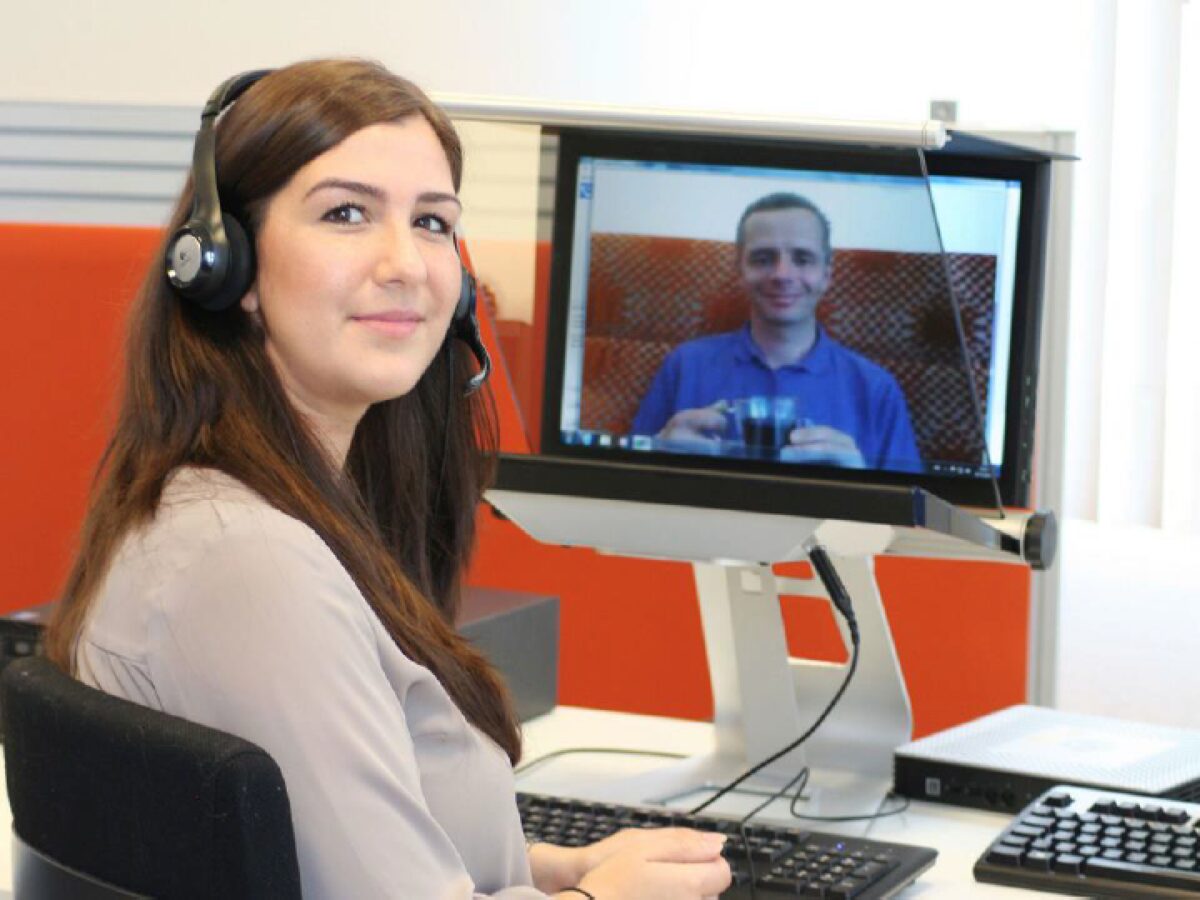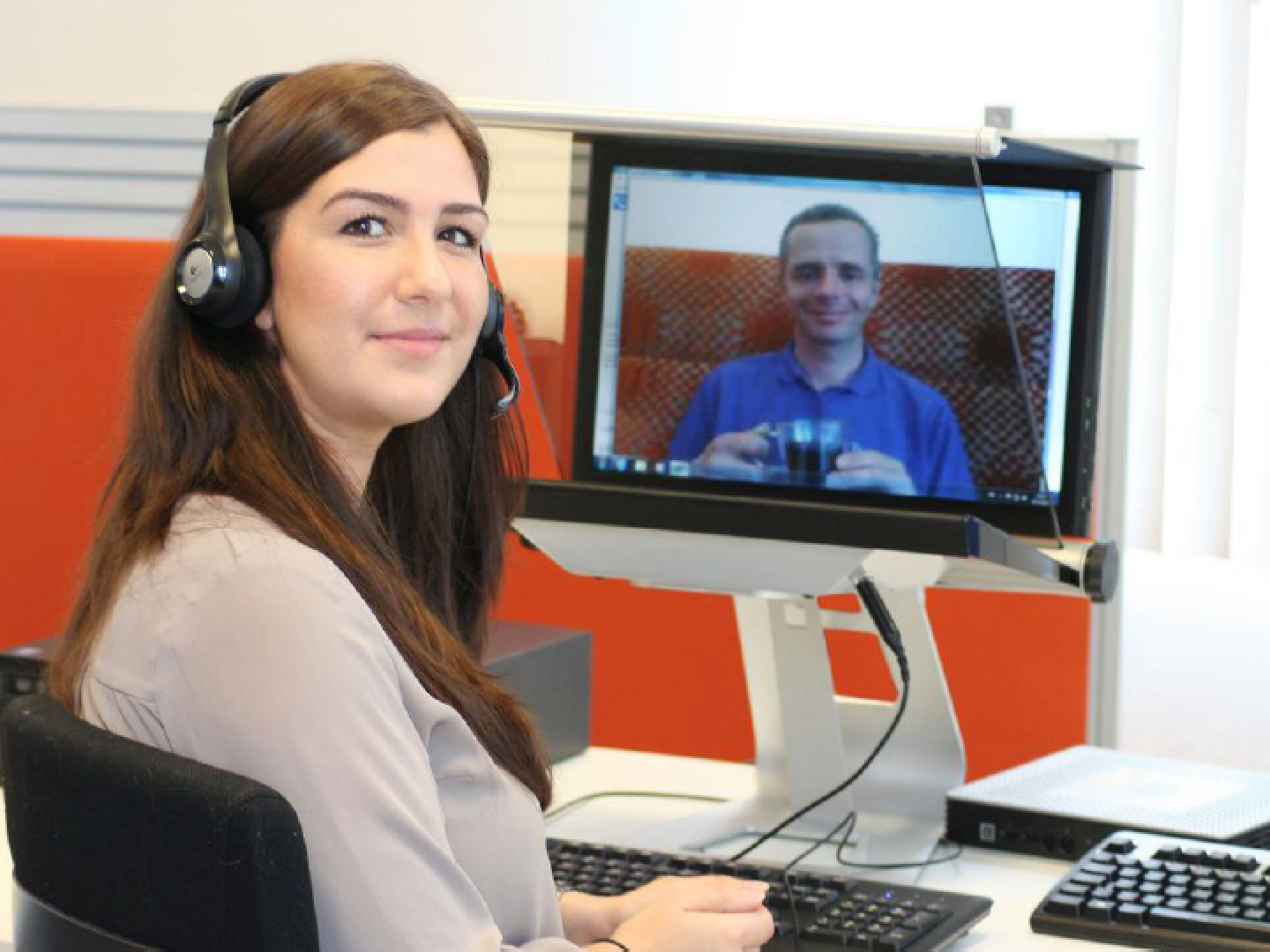StepForME
StepForME
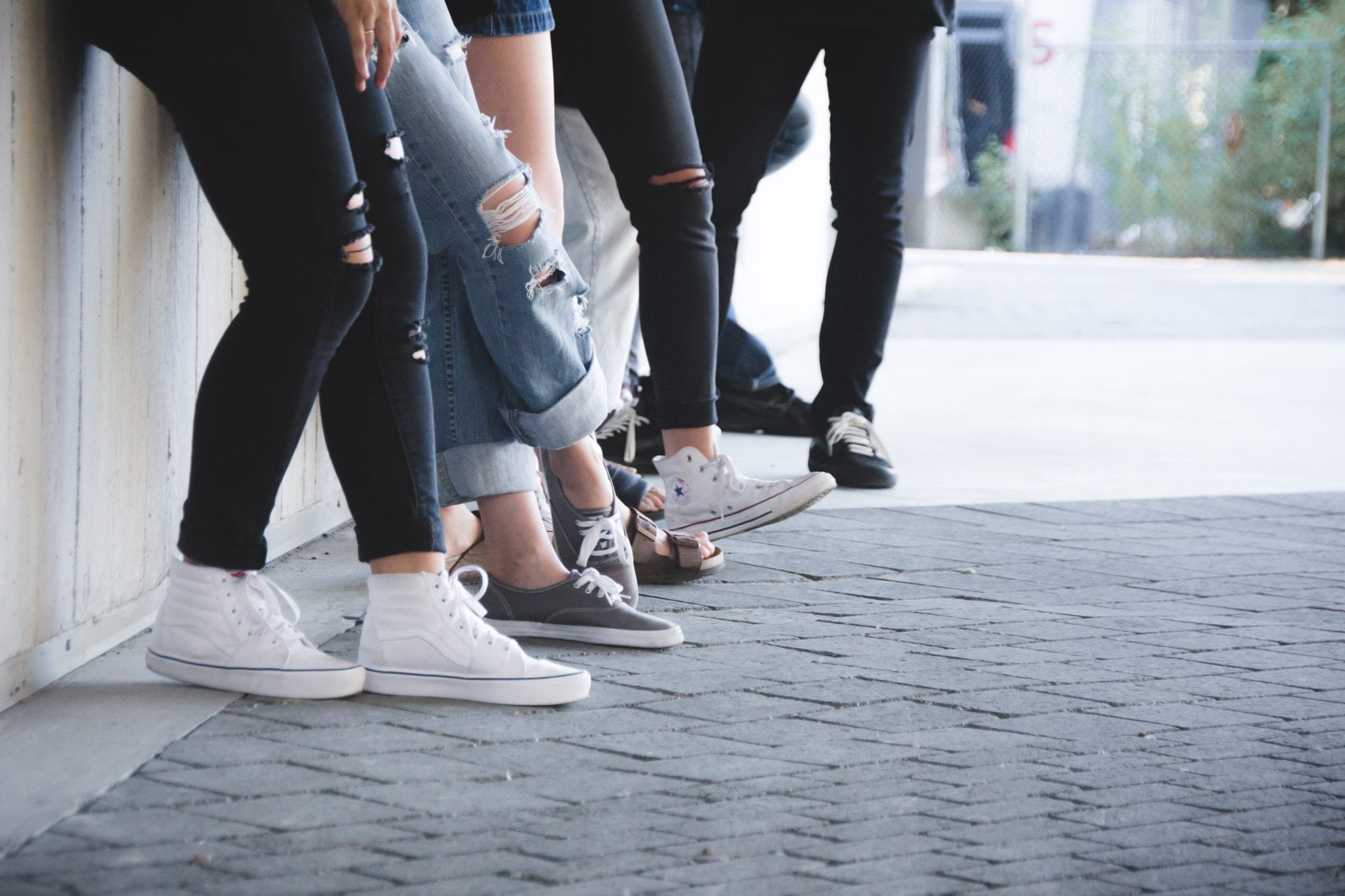
Step for ME is a project based on the exchange of good practices in the use of technological tools for the social and labor inclusion of young people with mental or emotional health problems.
(2021-2023)
Erasmus + project for the exchange of good practices between European organizations specializing in the socio-labour inclusion of young people with mental or emotional health problems, in relation to the use of technological tools that improve the effectiveness of interventions and taking into account the lessons learned about this matter during the health crisis of the Covid-19.
StepForME (Steps Forward to Meaningful Employment of young people with emotional well-being problems after the Covid-19 pandemic) seeks to share different models of community intervention with these young people, and to do so with the participation of both professionals from NGO that support them as young people themselves.
The employability of young people with mental health or emotional well-being problems has always been lower and more complex than that of the general youth population. Emotional well-being problems, which often lead to diagnosed mental health disorders, lead to deficiencies and barriers of all kinds that make it difficult for many young people to enter the job market.
To this existing difficulty must be added the impact that Covid-19 has had, which has aggravated this type of problem in the young population throughout Europe. At the same time, however, the health crisis has also allowed a sudden acceleration of the digital transformation and has led to greater awareness of the potential of technology to achieve more effective socio-labour interventions for young people with fewer opportunities.
StepForME aims to address this challenge by making available to youth workers and young people themselves a set of innovative practices supported by the use of digital tools that have been shown to be effective in improving their well-being and employability, before, during and after the pandemic.
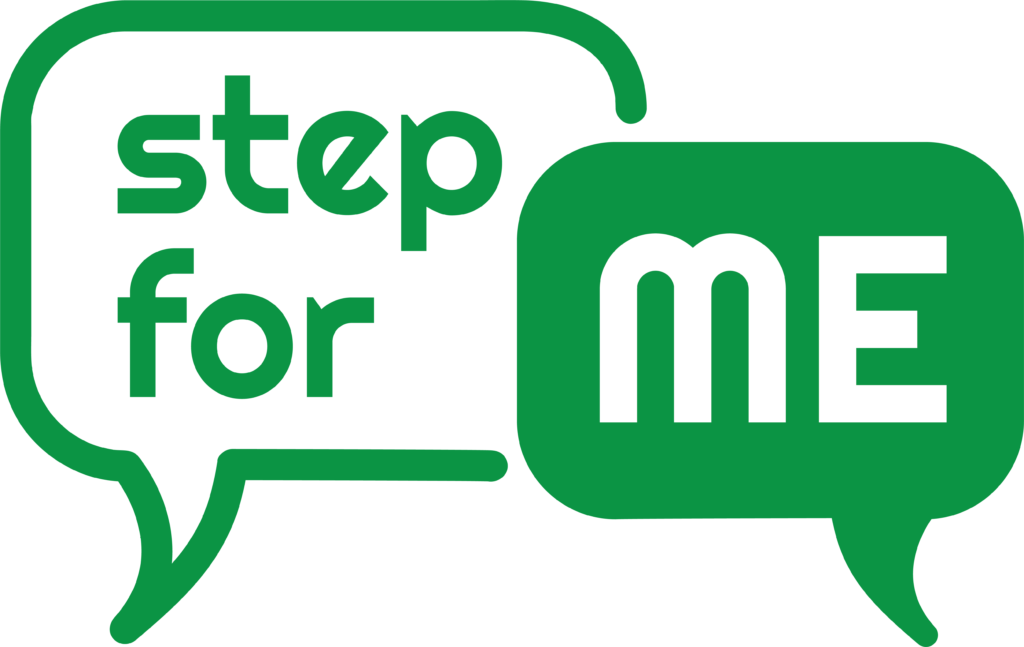
Objectives
The overall objective of the project is to improve professional practices aimed at strengthening the employability of young people with mental or emotional health problems aggravated by the pandemic, through innovative and effective community intervention practices supported by digital tools.
To achieve this general objective, the following specific objectives are worked on:
- Know the difficulties of access to the labour market for young people with mental or emotional health problems.
- Identify and standardize innovative practices in the use of existing digital tools to enhance the well-being and employability of these young people.
- Offer digital tools to professionals and improve their skills through training modules on these innovative practices.
- Offer recommendations to relevant national and European actors on the improvement of professional practices in this field.
Expected results
- Innovative and more efficient use of existing digital tools to strengthen the employability of these young people.
- Change of attitude in professionals in relation to the incorporation of digital tools in their daily work.
- Empowering young people with few opportunities to enter the labour market due to their mental or emotional health problems
- Familiarization of public and private institutions with good practices in the use of digital tools for intervention with young people with few opportunities.
- Creation of a network of professionals and organizations that share knowledge about the use of digital tools to better support young people with mental or emotional health problems.
Project results
Hand-Book of Good Practices
HANDBOOK OF TECHNOLOGY-BASED PRACTICES FOR THE INTERVENTION WITH YOUNG PEOPLE WITH EMOTIONAL WELFARE ISSUES
The following document is a handbook that displays how technology can help improve the community, social and labour intervention with young people with emotional or mental health issues. To further highlight this and give practical examples, it contains an in-depth explanation of four good practices for using tech tools and an inventory of tech tools that can be helpful for the intervention with young people.
Training modules for the intervention with young people with emotional well-being and mental health issues
Module 1. Community work with young people with emotional well-being and mental health issues
This module provides an overview of understanding mental health as a collective process, discusses elements of community interventions, and provides insights into the design of participatory processes.
Module 2. Fostering the employability of young people with emotional well-being and mental health issues
This module addresses rights-based approaches to support people with mental health problems, establishes a relationship between the “Quality of Life” model and the employability of young people. It also describes the person-centred model and supported employment as success factors for the inclusion of young people with mental health problems in the world of work.
Module 3. Use of digital tools with young people with emotional well-being and mental health issues
This module addresses digital tools for psychosocial interventions in young adults, highlights the positives and risks of their use, and addresses issues arising from excessive social media use and potential countermeasures.
Module 4. Psychological aspects
This module provides an overview of the developmental phases of adolescence and early adulthood and the most common mental disorders that occur in young people (eating disorders, anxiety, depression, as well as addiction and substance abuse). Prevention of mental disorders and steps to maintain mental health are also discussed.

